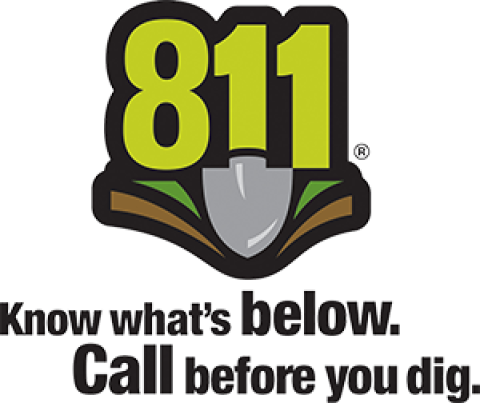At Navigator, our core values drive the way we conduct business; seeking the right way over the easy way, respecting others, fostering relationships, and delivering on promises. We are committed to environmental stewardship, operational safety, and social responsibility - and we are rigorous in our adherence to all local, state and federal regulations.
In the realm of infrastructure, stakeholders often navigate the trade-offs between time, cost, and safety. At Navigator, safety is our true north and our team unlocks the ability to efficiently navigate between time and cost, ensuring our customers don’t have to compromise on any element of value. This guiding principle is our competitive edge, directing our course in every operation and commodity we manage.”
– Matt Vining, CEO

